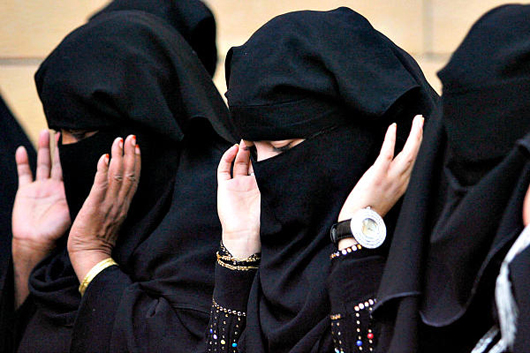Jeddah, Mar 15: As delaying the age of marriage for both young men and women in the Kingdom has become more common, experts say the number of unmarried women has increased in recent years.
The number has grown 15 times in comparison to 1995, according to official statistics. The Kingdom is thus in second place among countries in which the percentage of single people has increased over the past two decades.

Delaying the age of marriage and the growing number of single women are undoubtedly closely linked, experts say. While many young people choose to delay marriage until they are socially and psychologically ready, many women find themselves in situations where their chances of marriage have significantly narrowed.
Among the several reasons that lead to a delay in marriage are the higher costs of living and greater financial responsibilities, says economist Dr. Salem Bajajah. Many young men are unable to afford property and meet household costs and so choose to work longer and accumulate more money.
Bajajah called on authorities to revaluate employees’ salaries in order to maintain a standard above the established poverty line. Recent surveys indicate that SR8,000 is a minimum subsistence requirement.
Social views and realities also contribute to delayed marriage, says Aisha Hattan, a social worker at the Society for Family Protection in Jeddah. “Exaggerated requirements for marriage these days, such as big weddings, parties, social appearances, as well as new ways of thinking among young women suggesting that they choose careers and independence, have all had their influences on the age for marriage.”
Dr. Khaled bin Omar Al-Radeean, an associate professor of sociology at King Saud University, says such views are common among both men and women.
In addition to factors such as psychological and intellectual preparedness, psychologists cite high marriage costs, the lack of job opportunities, a weakness of religious faith and society’s perception of youth as unproductive and inefficient influence many to delay the age of marriage.






Comments
Add new comment